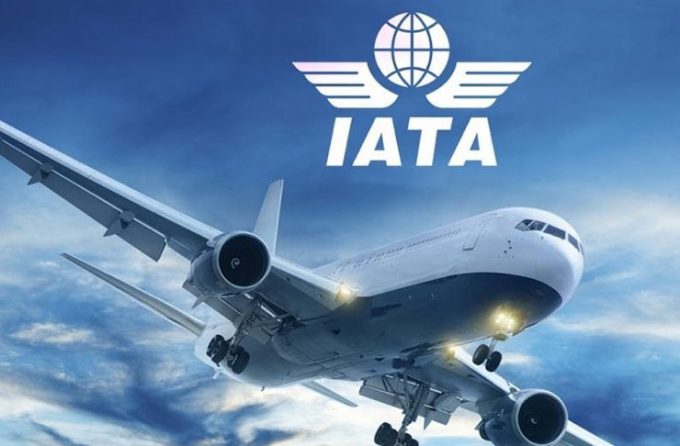The International Air Transport Association (IATA) and the International Federation of Air Line Pilots’ Associations (IFALPA) jointly urged governments to follow the International Civil Aviation Organization (ICAO) Council Aviation Recovery Task Force (CART) guidelines to exempt crews from COVID-19 testing that is applied to air travelers.
Despite this guidance, IATA in a press release drew attention to the fact that an increasing number of countries are continuing to apply the same public health measures for the crew that is applied to the general traveling public.
It noted that such measures include providing proof of a negative COVID test prior to departure and in some cases, a second negative COVID test is required upon arrival.
Furthermore, several civil aviation regulators only allow crew members with a negative COVID-19 PCR test certificate to layover in their respective countries.
The CART guidelines specifically recommend that crew member should not be subject to screening or restrictions applicable to other travelers. Furthermore, according to CART. health screening methods for crew members should be as “non-invasive as possible.”
“These measures not only contravene the recommended ICAO global guidance, they fail to take into account the fact that interactions with the local population are minimized,” said Gilberto Lopez Meyer, IATA’s Senior Vice President, Safety and Flight Operations. For example, crew on layover are often restricted to the hotel. Such measures also ignore the fact that airlines already comply with the requirements of their home country health protection and monitoring programs to manage crew health, which typically includes measures to reduce the risk of infection.
“The measures being employed by some States are not only contravening the recommended guidance but are also putting undue stress and pressure on crews. The guidance provided has been carefully developed to ensure operations can continue without jeopardizing safety for both crews and passengers,” said Captain Jack Netskar, IFALPA President.
In addition to the intrusion and physical discomfort of daily COVID-19 testing, there are significant cost considerations. One global airline has estimated the cost of complying with such requirements for a single daily flight would add up to an additional US $950,000 per year.
“These measures not only contravene the recommended ICAO global guidance, they fail to take into account the fact that interactions with the local population are minimized,” said Gilberto Lopez Meyer, IATA’s Senior Vice President, Safety and Flight Operations.
For example, he illustrated that crew on layover are often restricted to the hotel. Such measures also ignore the fact that airlines already comply with the requirements of their home country health protection and monitoring programs to manage crew health, which typically includes measures to reduce the risk of infection.
“Airlines are willing to invest in safety that delivers meaningful outcomes, but that is not the case with unilateral, uncoordinated testing requirements. States should acknowledge that crew presents a different risk profile than passengers and that more flexibility and relaxation of testing requirements and/or quarantine could be considered including exemptions,” said Meyer.

